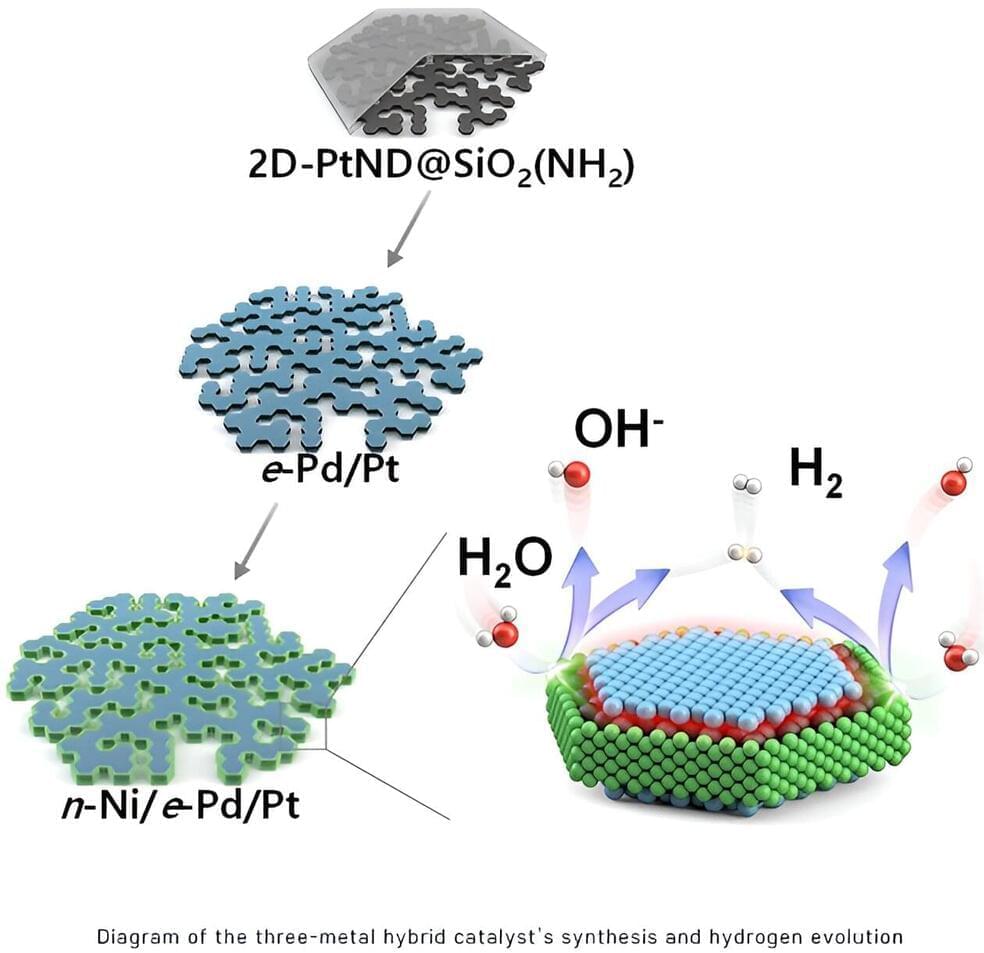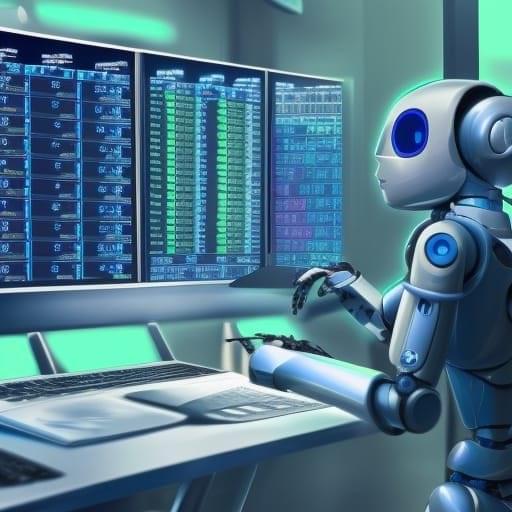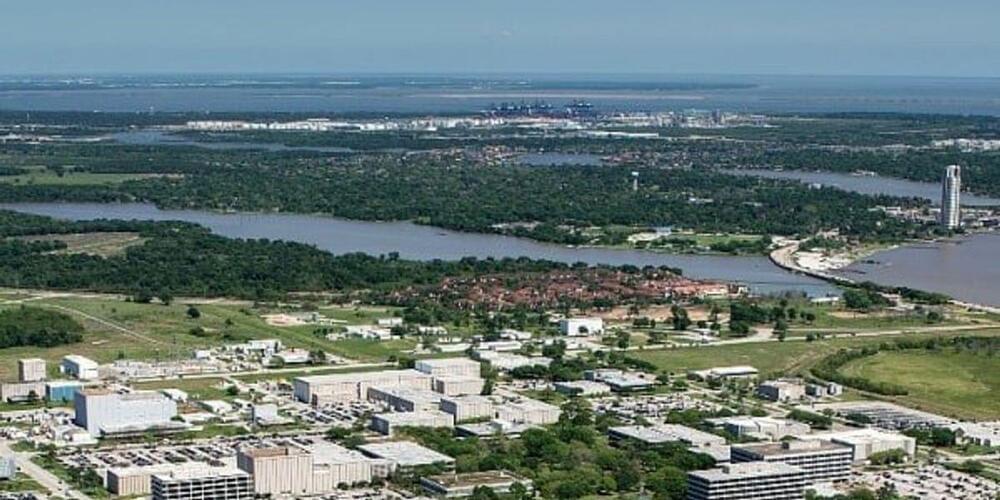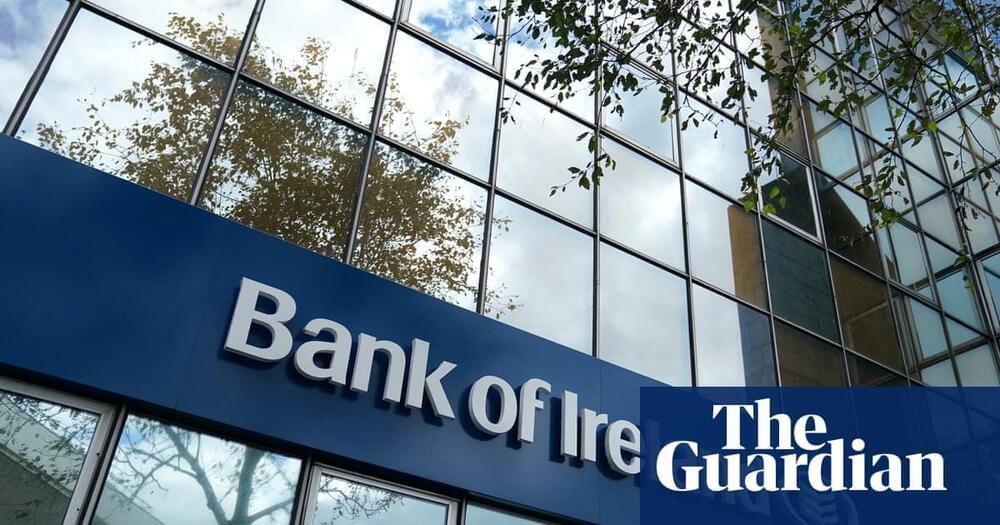Human Immortality — If you thought Human Immortality was just a concept in science fiction, this episode reveals how it will become science fact. For some scientists featured in this program, achieving Immortality is not a question of ‘If’. The real question is ‘When?’.
Human Immortality (2022)
Director: Emma Watts.
Writers: Kyle McCabe, Christopher Webb Young.
Stars: Samantha Brady, Aubrey DeGrey, Leonard Guarente.
Genre: Documentary.
Country: United States.
Language: English.
Release Date: August 31, 2022 (United States)
Synopsis:
If you thought Human Immortality was just a concept in science fiction, this episode reveals how it will become science fact. For some scientists featured in this program, achieving Immortality is not a question of ‘If’. The real question is ‘When?’.
One scientist shows how she is making lab-grown organs called ‘ghost hearts’ that not only grow quickly, but that can be accepted in any host’s body without rejection—ending the agony for those waiting for organ transplants. Another biologist is looking at Immortality at the microbiological level. In his lab, he’s identified the ‘longevity gene’ (called SIR2) that can slow the ageing process, and which holds the key that will unlock our ability to better control the rate at which we age. One gerontologist is unearthing the immortal secrets of lobsters, who never stop growing and naturally live up to the astonishing age of 122 years. Inspired by how their bodies regulate cellular division, he’s developing cutting-edge medications that will boost human longevity.
Incredibly, one pioneer is creating a unique medical cocktail that can even reverse ageing. Medical techniques like these could pave the way to Human Immortality.
MORE DOCS!






 עברית (Hebrew)
עברית (Hebrew)
